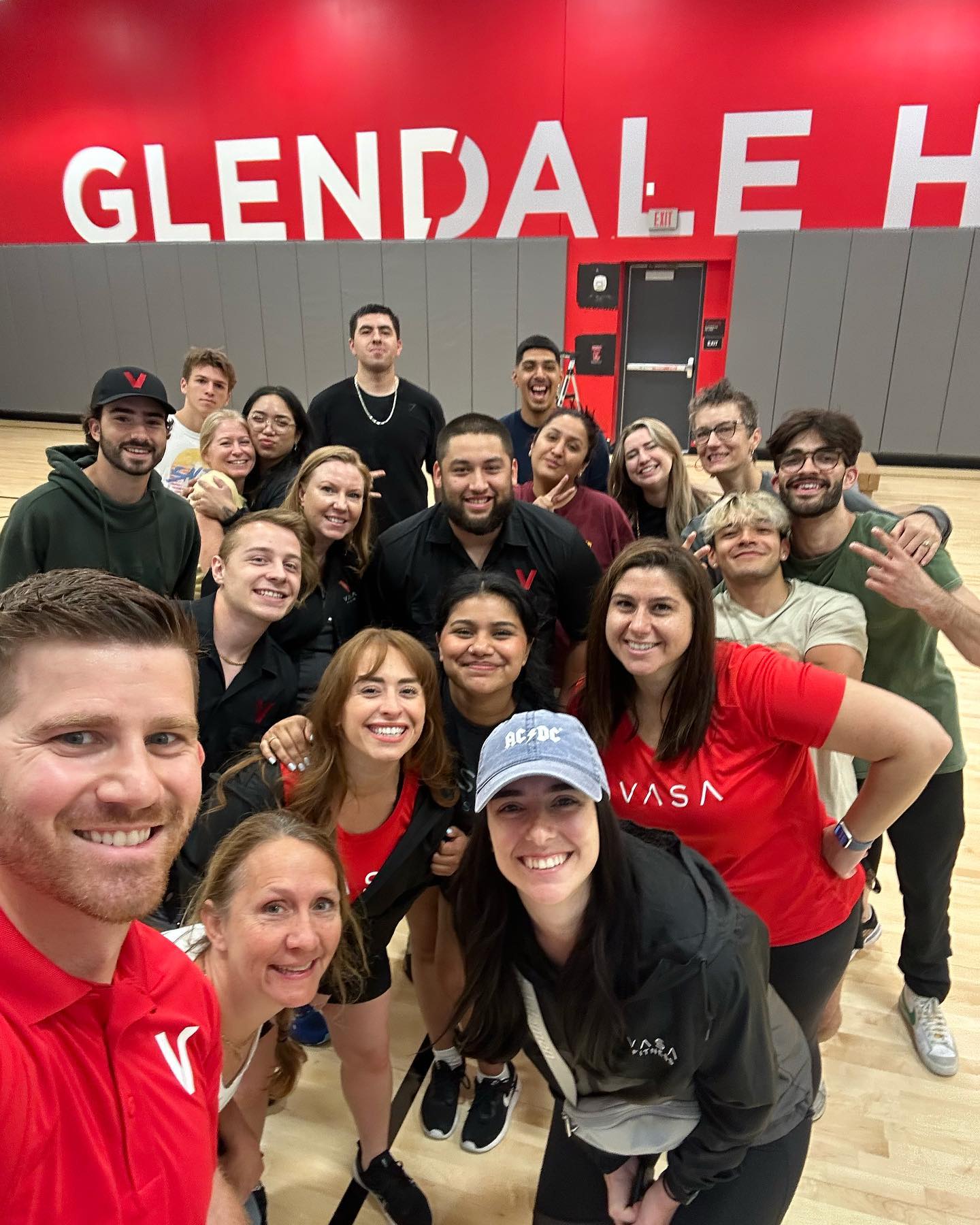The food choices we make have a profound impact on our overall health and well-being. Getting the right mix of nutrients is crucial for fueling your workouts and helping you recover in-between sessions. This article is your guide to achieving balanced nutrition, helping you make informed choices that can lead to a healthier and happier you.
Understanding Balanced Nutrition
At its core, balanced nutrition means getting the right mix of nutrients to support your body’s functions. This includes:
- Macronutrients: These are the major nutrients our bodies need in larger quantities: carbohydrates, proteins, and fats.
- Micronutrients: These are essential vitamins and minerals that support various bodily processes.
- Fiber and Water: Often overlooked but crucial components of a balanced diet.
Balanced nutrition is not just about maintaining a healthy weight; it’s about providing your body with the tools it needs to function optimally and to prevent health issues down the road.

Tips for Achieving Balanced Nutrition
Choosing the Right Foods: Focus on whole foods like fruits, vegetables, lean proteins, and whole grains. These foods are packed with essential nutrients and are generally lower in added sugars and unhealthy fats.
Meal Planning: Meal planning can be a game-changer. It not only helps you make healthier choices but also saves you time and money. Plan your meals and snacks ahead of time, and shop with a list to avoid impulse buys.
Reading Food Labels: Take the time to read food labels. Look for products with simple, recognizable ingredients and be mindful of added sugars and unhealthy fats. Understanding food labels empowers you to make healthier choices.
Hydration: Staying well-hydrated is essential for balanced nutrition. Aim for at least eight glasses of water a day and adjust for your activity level and climate. Herbal teas and infused water can also add variety to your fluid intake, in addition to water-packed fruits and vegetables.
Special Considerations
Remember balanced nutrition isn’t one-size-fits-all. It varies according to age, dietary preferences, and specific health conditions. Children, adults, and seniors have unique nutritional needs. Likewise, if you follow a specialized diet, make sure you’re meeting your nutrient requirements. For those with health conditions like diabetes or heart disease, consult a healthcare provider or registered dietitian for personalized guidance.

Practical Tips for Implementing Balanced Nutrition
Start by setting realistic goals and making gradual dietary changes. Seek support from a registered dietitian or nutritionist, who can provide personalized guidance to meet your needs.
Conclusion
Incorporating balanced nutrition into your daily life is a powerful way to invest in your health. By choosing nutrient-dense foods and staying hydrated, you’re taking positive steps towards a healthier future. Remember, small changes can lead to significant long-term benefits—your mind and body will thank you!
SUBSCRIBE TO OUR BLOG
Enter your email to start receiving our blog emails!









